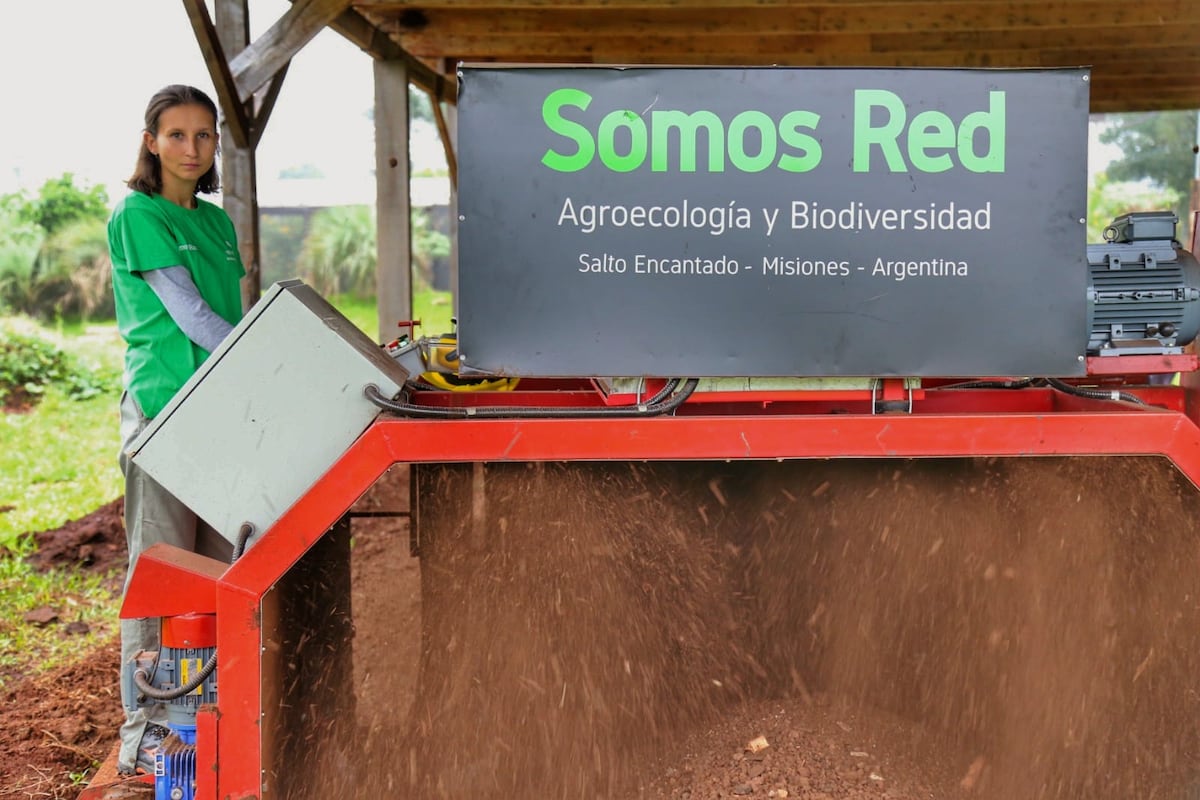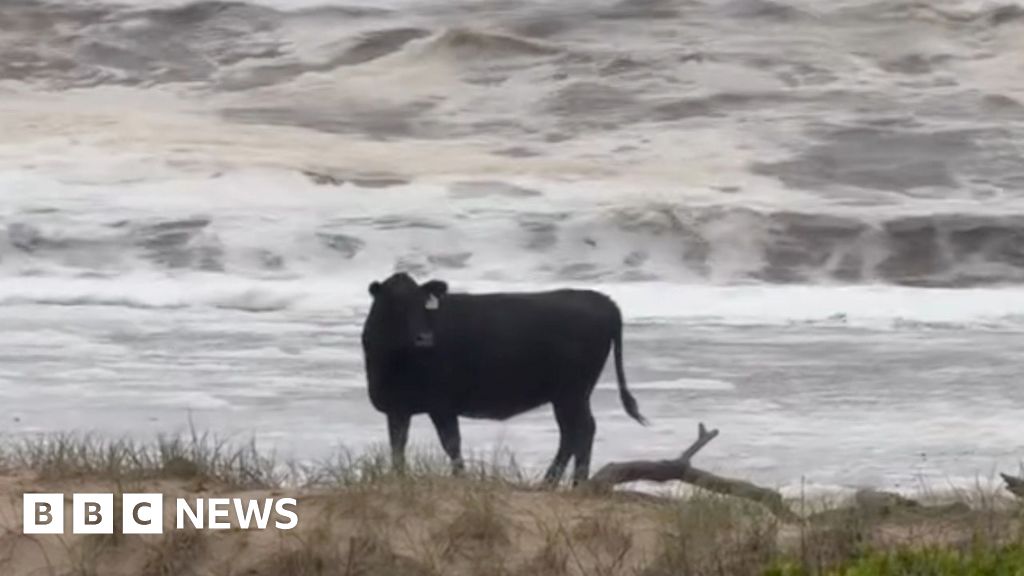Scientists want to track the world's biodiversity using DNA in the air
Scientists want to track the world's biodiversity using DNA in the air. Many species are in danger of extinction due to habitat loss, climate change, and other disruptions. Nina Garrett wants to collect environmental DNA from inside the guanacaste tree to deduce who's here.
Colossal Bioscience claims to have brought back the dire wolf, which disappeared from the Americas around 13,000 years ago. The company has produced three grey wolf pups that have been genetically modified to resemble their lost relatives. Before 1800s, there was neither consensus nor acceptance that entire species could forever disappear from our Universe. Some people believe that de-extinction might …
The missionary jungle resists: women who revive the most fertile corner in Argentina
In Misiones, Argentina, a green revolution is created thanks to some women who returned to look at the ground with respect. The Civil Association Dreamy was born in the 1990s when a small group of families began to receive seeds from an emblematic state project to sow in their 30-hectare farm. What was born as a community experience was growing …
More than 1 billion birds die each year in the U.S. from bird collisions with sheet glass. Bird populations across North America have declined more than 29% from their 1970 levels. Some buildings with a great deal of glass surface area kill surprisingly few birds, while other small sets of windows are disproportionately deadly.
Tradition and change intertwine to create beauty at a century-old arboretum
Planting Fields Arboretum State Historic Park is one of Long Island's last surviving estates with its original acreage intact. Recently, the site has been undergoing a multi-million dollar revitalization with a focus on biodiversity and native plantings rather than adherence to the plant palette selected for the property more than a century ago. A new book offers fresh perspective into …
Cicadas from Brood XIV are surfacing in May and June 2025 across 12 states. They are one of the largest groups of periodical cicadas that emerge from underground on a 13-year or 17-year cycle. They make loud, droning, chirping and buzzing sounds. Ecologists have been mapping where they appear for decades, updating a process begun by entomologists in the 1800s. …
Watch: Cattle washed on to beaches in widespread Australia floods
A natural disaster has been declared in New South Wales, Australia. One man has died and three people are missing as a result of flooding caused by heavy rain. Nearly 50,000 people have been forced to evacuate their homes due to the flooding. Footage captured in the Mid North Coast shows cattle displaced on beaches and trapped residents airlifted to …
The San Diego County Board of Supervisors voted 4-0 to advance a proposal to exempt sustainable cattle-grazing from a grading and clearing ordinance and expand ranching operations on county-owned land. The board will get input from ranchers, industry advocates, environmental groups and local fire protection agencies. Most speakers were supportive of changing the grazing policy.



